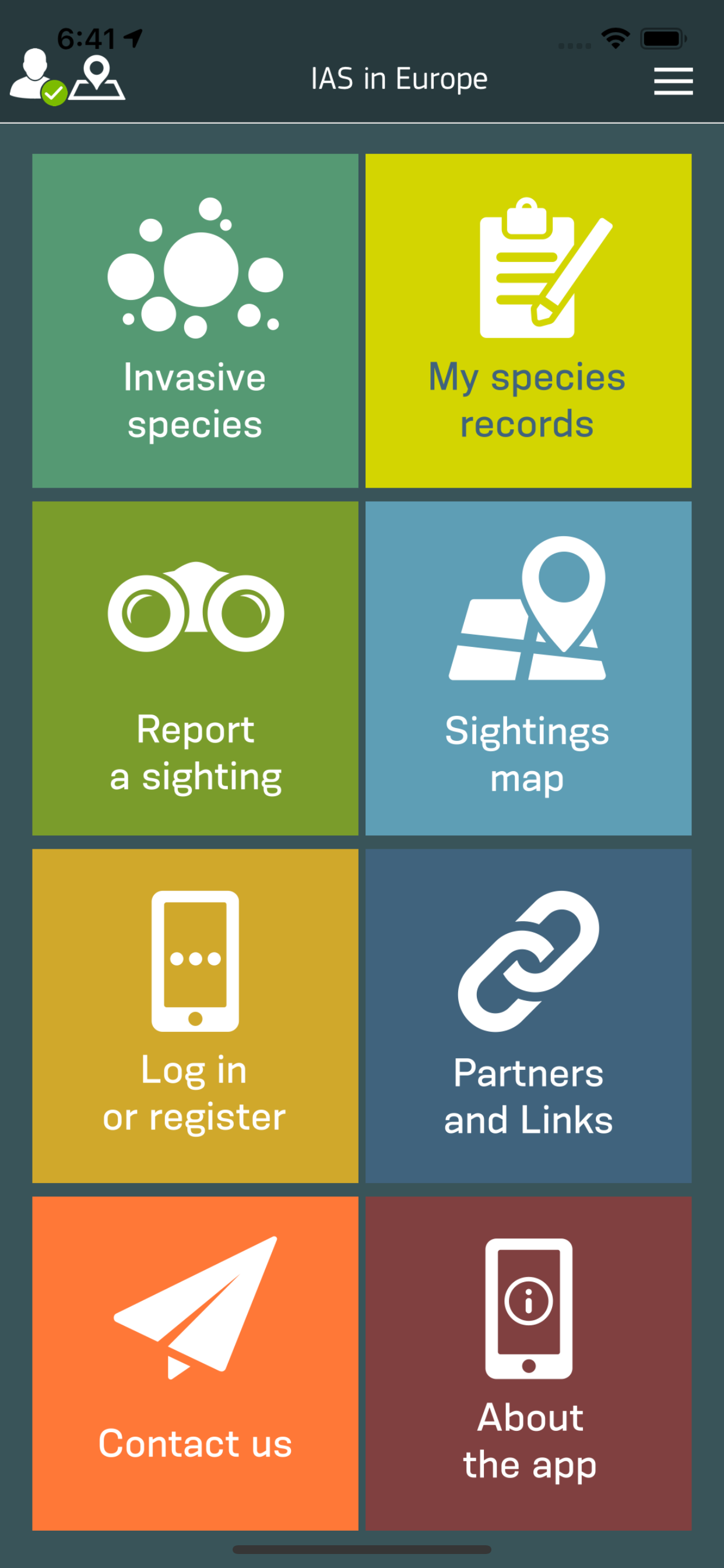You’ve hit your search limit
Start your free trial to keep exploring full traffic and performance insights.
Get Started- Home
- Free App Analytics
- Invasive Alien Species Europe
Invasive Alien Species Europe app analytics for January 17
Invasive Alien Species Europe
- European Union - Publications Office
- Apple App Store
- Free
- Education
This app is developed by the Joint Research Centre, the in-house science service of the European Commission. Its aim is to enable the general public (amateurs and professionals) to receive and share information about Invasive Alien Species (IAS) in Europe. Specifically, the app’s purposes are:
1) to allow recording invasive species occurrences by using citizen phones’ GPS system and phones’ cameras;
2) to provide information about a selected number of IAS (pictures, short description, addition useful information);
3) to foster citizens’ awareness about the problems caused by IAS in Europe and actively getting the public involved in the management of IAS.
This app includes a preliminary selection of IAS of European priority. More species are expected to be added in subsequent releases of the app., following the progress of the European policy on IAS.
Alien Species are increasing worldwide and are currently present in almost every ecosystem type on Earth. They belong to all major taxonomic groups, including viruses, fungi, algae, mosses, ferns, higher plants, invertebrates, fish, amphibians, reptiles, birds and mammals. In some cases they have become invasive, affecting native biota. Invasive alien species can transform the structure and species composition of ecosystems by repressing or excluding native species, either directly by predation, competing with them for resources, or indirectly by modifying habitats. The effects to human health include the spread of diseases and allergens, while to the economy there can be damage to agriculture and infrastructure.
It is estimated that 10-15 % of the alien species identified in Europe are invasive, causing environmental, economic and/or social damage.
Recognising the increasingly serious problem of IAS in Europe, the European Commission has recently published a dedicated Regulation on Invasive Alien Species (http://eur-lex.europa.eu/legal-content/EN/TXT/?uri=OJ:JOL_2014_317_R_0003). Implementation of this Regulation will be supported by an information system developed by the JRC (http://easin.jrc.ec.europa.eu/about).
This app is developed as part of the MYGEOSS project, which has received funding from the European Union’s Horizon 2020 research and innovation program. The project aims at developing smart Internet applications to inform and engage European citizens about the changes affecting their environment, and extend the pool of open source software and open data available to the global community through the Global Earth Observation System of Systems (http://earthobservations.org/index.php).

Store Rank
The Store Rank is based on multiple parameters set by Google and Apple.
All Categories in
United States--
Education in
United States--
Create an account to see avg.monthly downloadsContact us
Invasive Alien Species Europe Ranking Stats Over Time
Similarweb's Usage Rank & Apple App Store Rank for Invasive Alien Species Europe
Rank
No Data Available
Invasive Alien Species Europe Ranking by Country
Counties in which Invasive Alien Species Europe has the highest ranking in its main categories
No Data to Display
Top Competitors & Alternative Apps
Apps with a high probability of being used by the same users, from the same store.
IPM Popillia Pest Management
SPOTTERON GmbH
BOBeetles
SPOTTERON GmbH
IUCN MedMIS
BINBIRIZ ARASTIRMA GELISTIRME BILISIM VE TICARET LIMITED SIRKETI
Minka
QUANTA SYSTEMS S.L.
January 17, 2026